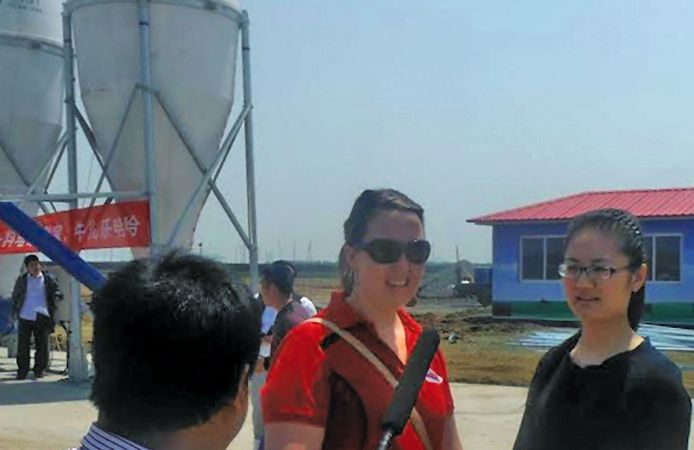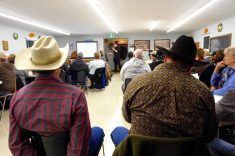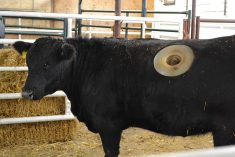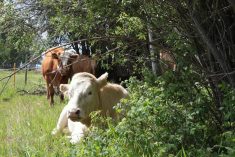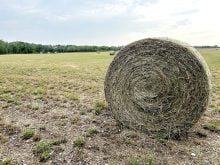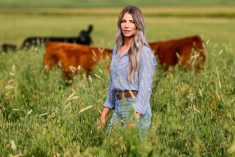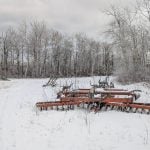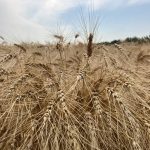China is famous for dishes — from snake to thousand-year-old eggs — that are alien to palates of westerners.
But Cheryl Hazenberg found it all depends on your viewpoint.
The director of technical services at the Canadian Angus Association, who is travelling the world studying traceability as a 2014 Nuffield scholar, spent two weeks in China in May talking to ordinary people about food safety issues.
“When I tell them that we don’t cook our beef all the way through, and we like it medium or more rare than that, they were revolted and said, ‘Well, how do you not get sick?’” she said.
Read Also
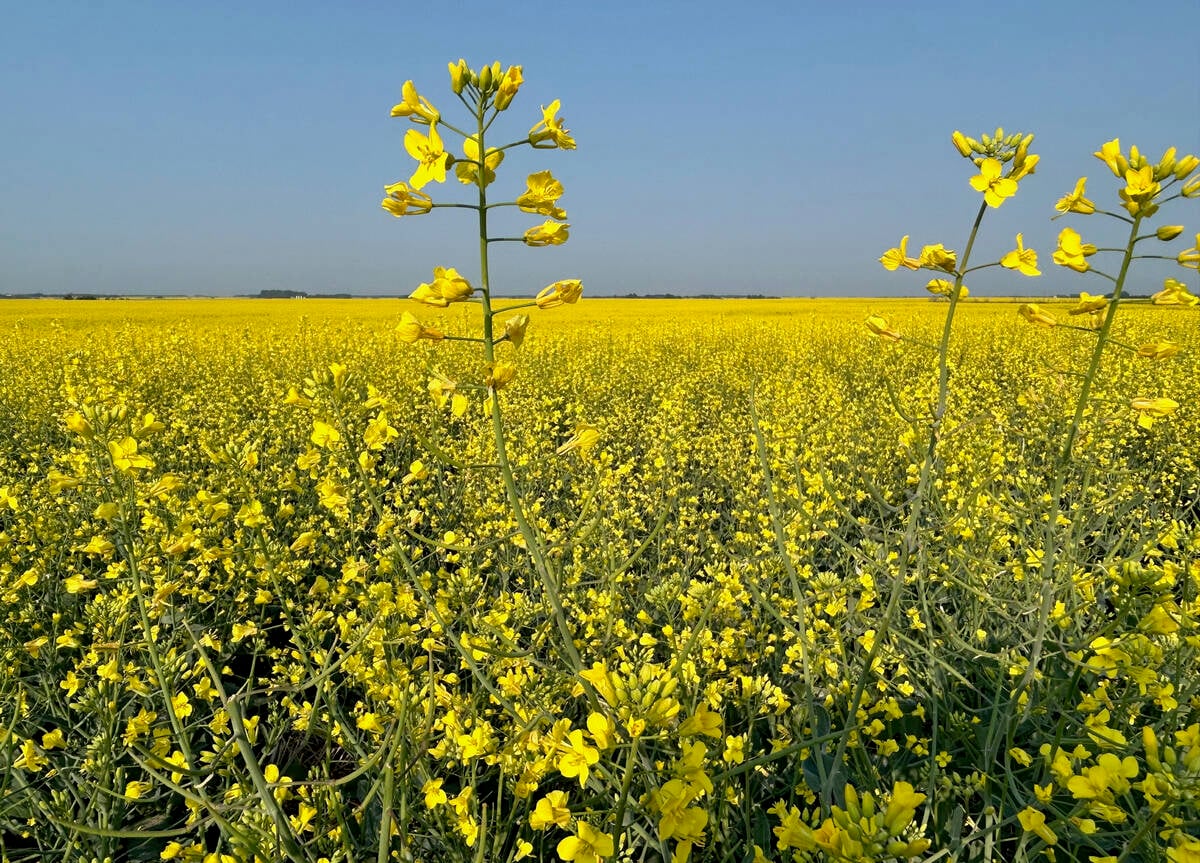
UCalgary breakthrough may stop canola shatter and boost yields
Research from the University of Calgary on shatter-tolerant canola could save Canadian farmers time and money.
“I thought that was a really interesting conversation to have. We can’t just waltz right in and expect them to start using beef and pork the way we do in North America.”
“Trying to process everything” has been the biggest challenge since beginning her Nuffield travel.
“For China, the biggest thing I learned was how advanced its agriculture industry actually is, and how much progress it’s made in 10 years, in the very broad sense of the whole industry,” she said.
Hazenberg also spent three weeks in Australia, interviewing numerous people about that country’s traceability system. While Down Under, she met with representatives from Meat and Livestock Australia, Certified Australian Angus Beef, toured a packing plant, and chatted with cow-calf producers in various regions.
“I’m very impressed by their system and I think they’ve done a wonderful job down there and they have a lot of unique situations that I wish we could have in Canada,” she said.
“Their cattle is spread out throughout most of their country. We have more land, but our cattle is more centrally located.”
Australia has completely integrated its system and it works very effectively, said Hazenberg.
The Nuffield Scholar program is a bursary for $15,000 that funds at least 10 weeks of global travel. Hazenberg, one of two Albertans who received a 2014 scholarship, heads off later this summer to Ireland, England and France. She will also be visiting a number of South American countries such as Brazil, Argentina and Uruguay at a later date.
As part of the Nuffield program, scholars pick a topic and research it by travelling to other countries to talk to industry experts. Scholars have two years to work on their project, must submit a report and present their findings, and promise to continue working on ways to get them implemented into the Canadian agricultural system.
Follow Hazenberg’s Nuffield journey on Twitter at @CherylHazenberg or on her blog.


